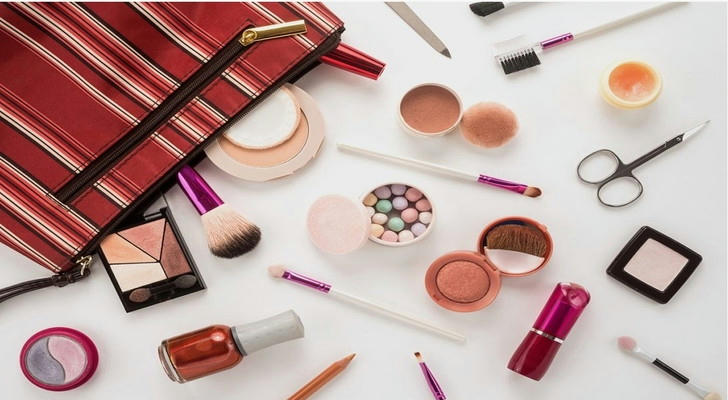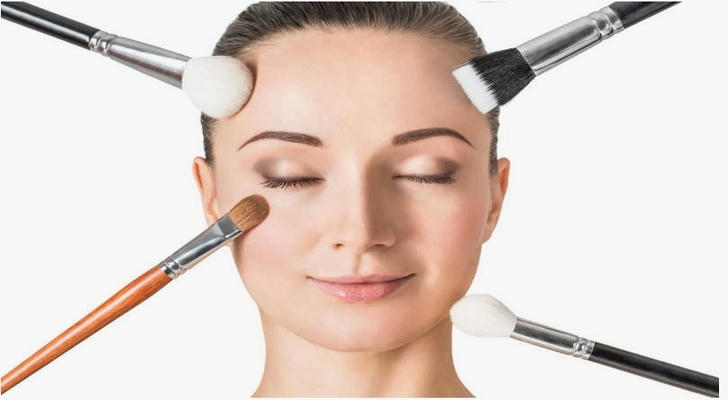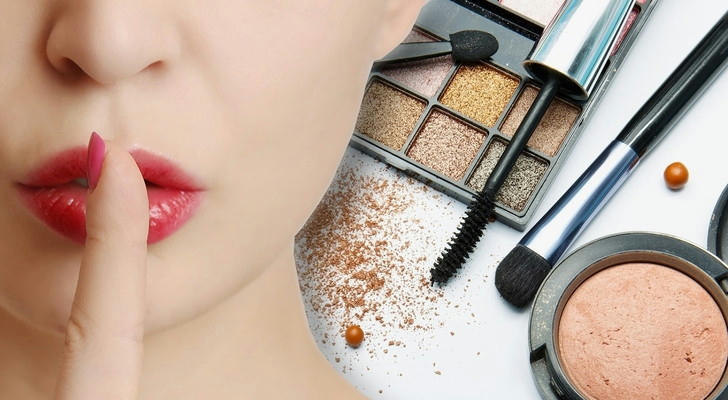Cosmetic Safety Assessor Certification: A Comprehensive Guide

The cosmetics industry plays an essential role in enhancing personal care and beauty, and the products within this industry must meet rigorous safety standards to ensure consumer health. Cosmetic safety assessors are key players in this process, as they evaluate the safety of ingredients and finished products before they reach the market. To become a certified cosmetic safety assessor, individuals must meet specific educational and professional requirements. This article provides an in-depth look at the certification process, responsibilities, and importance of this role within the cosmetics industry.
Understanding the Role of a Cosmetic Safety Assessor
A cosmetic safety assessor is a professional responsible for evaluating the safety of cosmetic products and ingredients to ensure they meet regulatory standards. They play a critical role in assessing potential risks, such as skin irritation, allergic reactions, or toxicity, that could arise from the use of cosmetic products. Their work involves a thorough understanding of toxicology, dermatology, regulatory affairs, and the scientific principles behind cosmetic formulations.
Key Responsibilities of a Cosmetic Safety Assessor
Safety Evaluation: Assessors analyze the ingredients and formulations of cosmetic products to determine their safety for use on the skin and other parts of the body.
Regulatory Compliance: They ensure that products comply with local and international regulations, such as the European Cosmetics Regulation or the U.S. FDA guidelines.
Risk Assessment: Assessors conduct toxicological assessments to identify any potential risks posed by cosmetic ingredients, including long-term exposure effects or interactions between ingredients.
Documentation: They prepare detailed safety assessment reports that are submitted to regulatory authorities to support product approvals.
Steps to Becoming a Certified Cosmetic Safety Assessor
Becoming a certified cosmetic safety assessor requires a combination of education, training, and practical experience. Below are the steps to achieve certification in this specialized field.

1. Obtain a Relevant Educational Background
The first step to becoming a cosmetic safety assessor is obtaining a solid educational foundation in a relevant field, such as chemistry, biology, pharmacology, or toxicology. A bachelor's degree in these disciplines is generally required, though many assessors also hold advanced degrees (Master's or PhD) in fields related to safety assessment or dermatology. Understanding the scientific principles of chemistry, biology, and dermatology is essential for evaluating the safety of cosmetic products effectively.
2. Gain Practical Experience in the Cosmetics Industry
Hands-on experience is crucial for becoming proficient in cosmetic safety assessment. Aspiring assessors should aim to work in roles that involve cosmetic formulation, product testing, or regulatory affairs. This experience provides valuable insights into the challenges and considerations involved in cosmetic product safety.
Internships or work in regulatory agencies, laboratories, or research institutions can be beneficial in developing the necessary expertise. Practical experience in toxicology, dermatology, and clinical testing is especially useful for understanding how cosmetic ingredients interact with human skin.
3. Complete Specialized Training in Cosmetic Safety
Specialized training programs designed for cosmetic safety assessors are available through professional organizations and educational institutions. These programs typically focus on safety evaluation methodologies, risk assessment protocols, and regulatory standards. Some reputable programs include:
The European Society of Cosmetic Scientists (ESCS) offers certifications in cosmetic safety.
The International Association of Toxicologists (IAT) provides training in toxicology and its application in cosmetic safety.
The U.S. Food and Drug Administration (FDA) also offers guidance and resources on cosmetic safety regulations.
These programs provide a comprehensive understanding of the regulatory environment and practical safety assessment techniques, helping professionals stay up-to-date with industry developments.
4. Obtain Certification from a Professional Organization
After completing the necessary educational and training requirements, aspiring cosmetic safety assessors can apply for certification from professional organizations. Certifications demonstrate proficiency in the field and ensure that the individual is well-versed in the latest safety standards and practices.
Some well-recognized certification bodies include:
The Society of Cosmetic Scientists (SCS) in the UK offers the Certified Cosmetic Safety Assessor (CCSA) program.
The European Commission's Cosmetics Safety Assessment (COSA) provides certification for professionals working in the European Union market.
Certification typically involves passing an exam that tests knowledge of cosmetic safety regulations, risk assessment procedures, and industry best practices.
The Importance of Cosmetic Safety Assessor Certification
Certification in cosmetic safety assessment is not only a professional achievement but also a significant factor in ensuring consumer safety. Here are a few reasons why this certification is essential:
1. Ensures Consumer Health and Safety
Cosmetic safety assessors are at the forefront of protecting consumer health. By thoroughly evaluating the ingredients and formulations of cosmetic products, they help prevent harmful chemicals from reaching the market. This ensures that products are safe for long-term use and that they do not pose any risk to the consumer's skin, eyes, or overall health.
2. Helps Companies Meet Regulatory Requirements
Cosmetic safety assessors play a critical role in helping companies comply with both local and international regulations. In many countries, including the European Union and the United States, cosmetics are required to undergo safety assessments before being marketed to the public. Certified assessors have the expertise to ensure that products meet these regulatory requirements, avoiding costly recalls or legal issues.

3. Builds Consumer Trust
Consumers are becoming increasingly aware of the potential risks associated with cosmetic products, such as allergic reactions and toxicity. By ensuring that products are rigorously tested for safety, certified cosmetic safety assessors help build consumer trust in the brands they support. This can lead to stronger brand loyalty and a better reputation in the market.
Challenges in Cosmetic Safety Assessment
While cosmetic safety assessment is a critical field, it is not without its challenges. Some of the common issues that safety assessors face include:
Emerging Ingredients: As the cosmetics industry evolves, new ingredients and formulations are constantly being introduced. Assessors must keep up with the latest research to evaluate these new materials safely.
Complex Regulatory Environments: Different countries have different regulations governing cosmetic products, which can make compliance challenging for global brands. Safety assessors must stay informed about international regulations and adapt their assessments accordingly.
Consumer Expectations: The increasing demand for natural and organic cosmetics presents unique challenges in safety assessment, as these products often contain fewer synthetic ingredients but still require rigorous safety evaluations.
Conclusion
The role of a cosmetic safety assessor is crucial in ensuring that cosmetic products are safe for consumers and comply with regulatory standards. Achieving certification in this field requires a combination of education, practical experience, and specialized training. Certified cosmetic safety assessors contribute significantly to consumer safety, industry regulation, and consumer trust. With the continuous growth of the cosmetics industry, the demand for qualified safety assessors will likely increase, making it a rewarding career choice for those interested in both science and the beauty industry.
